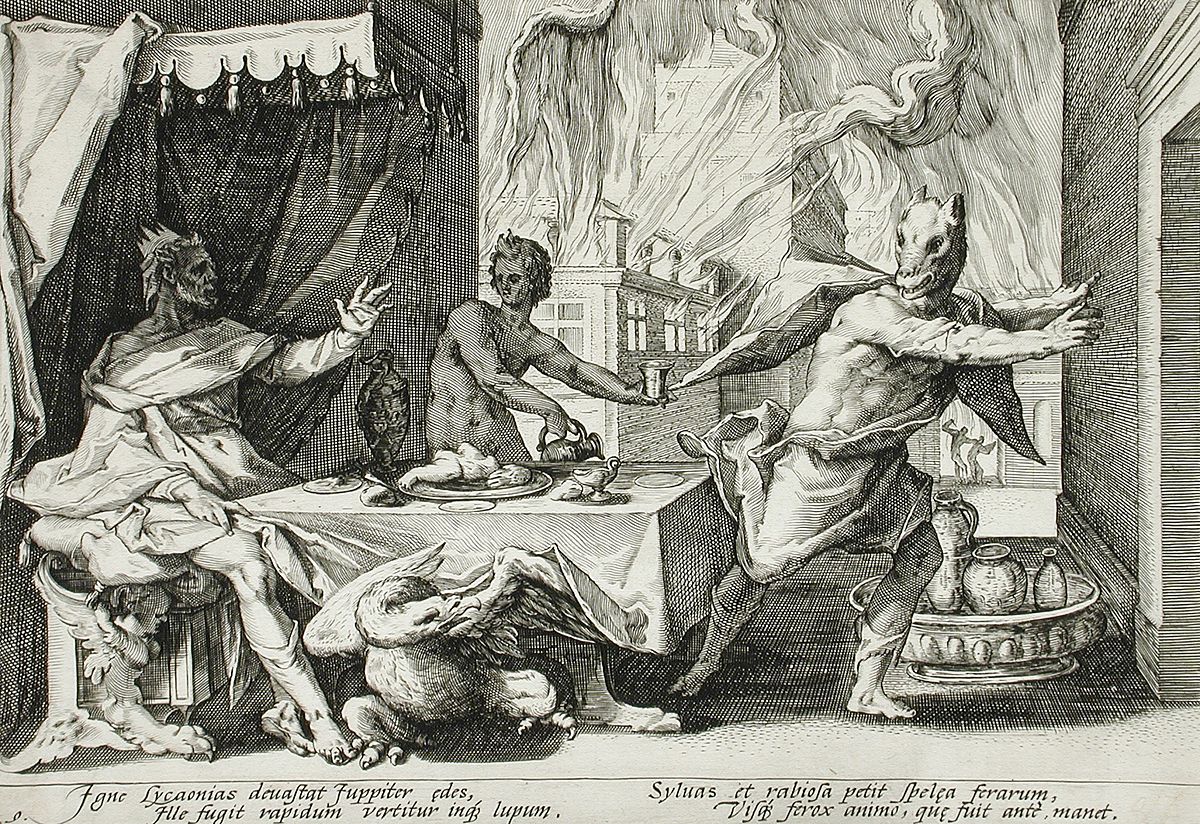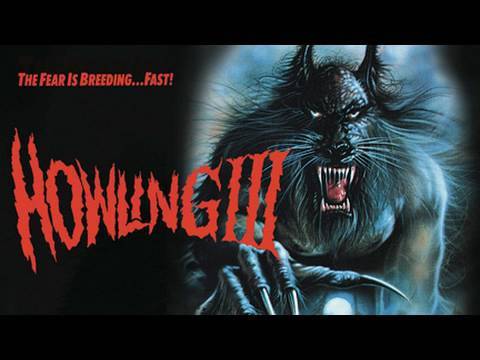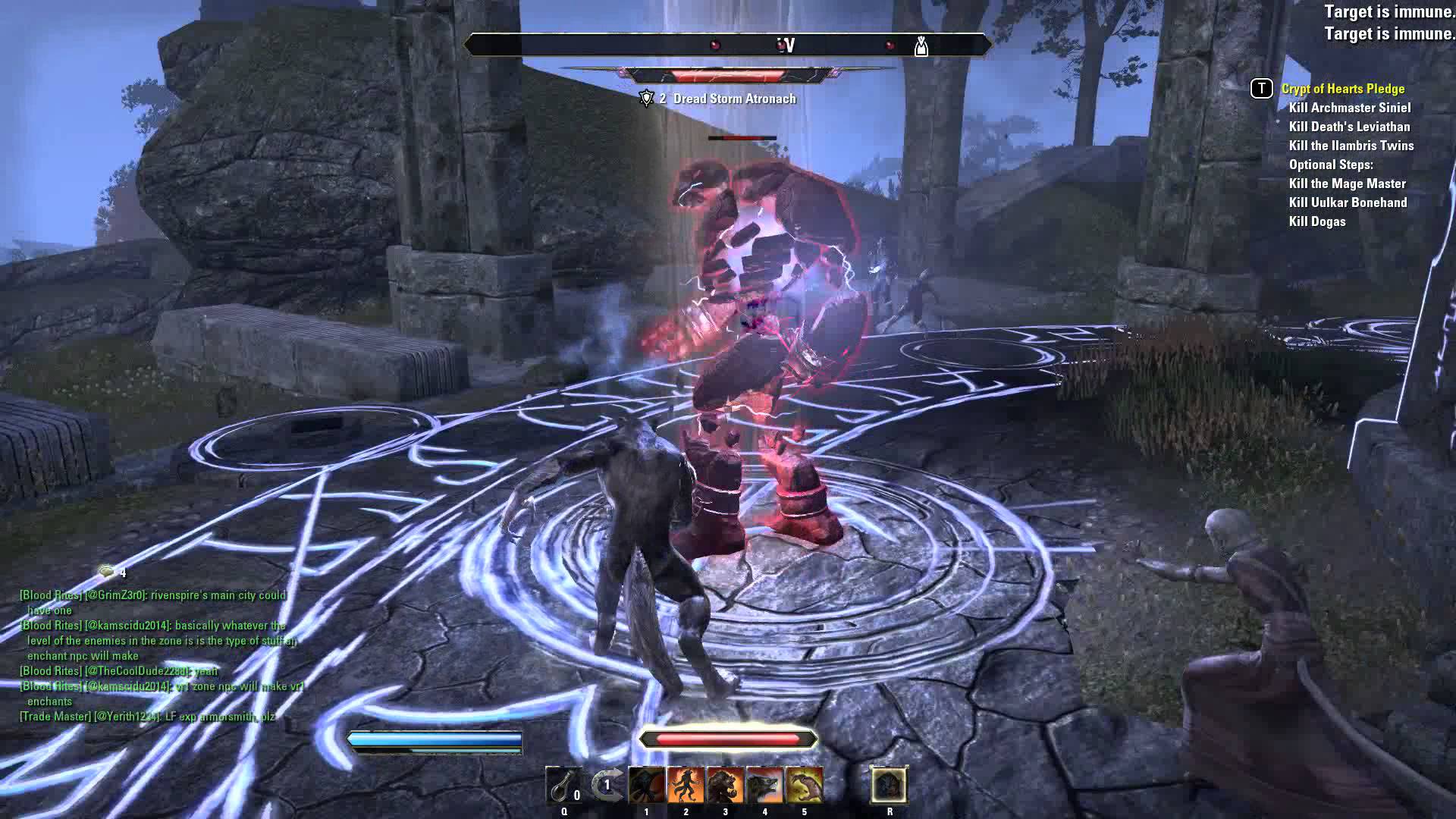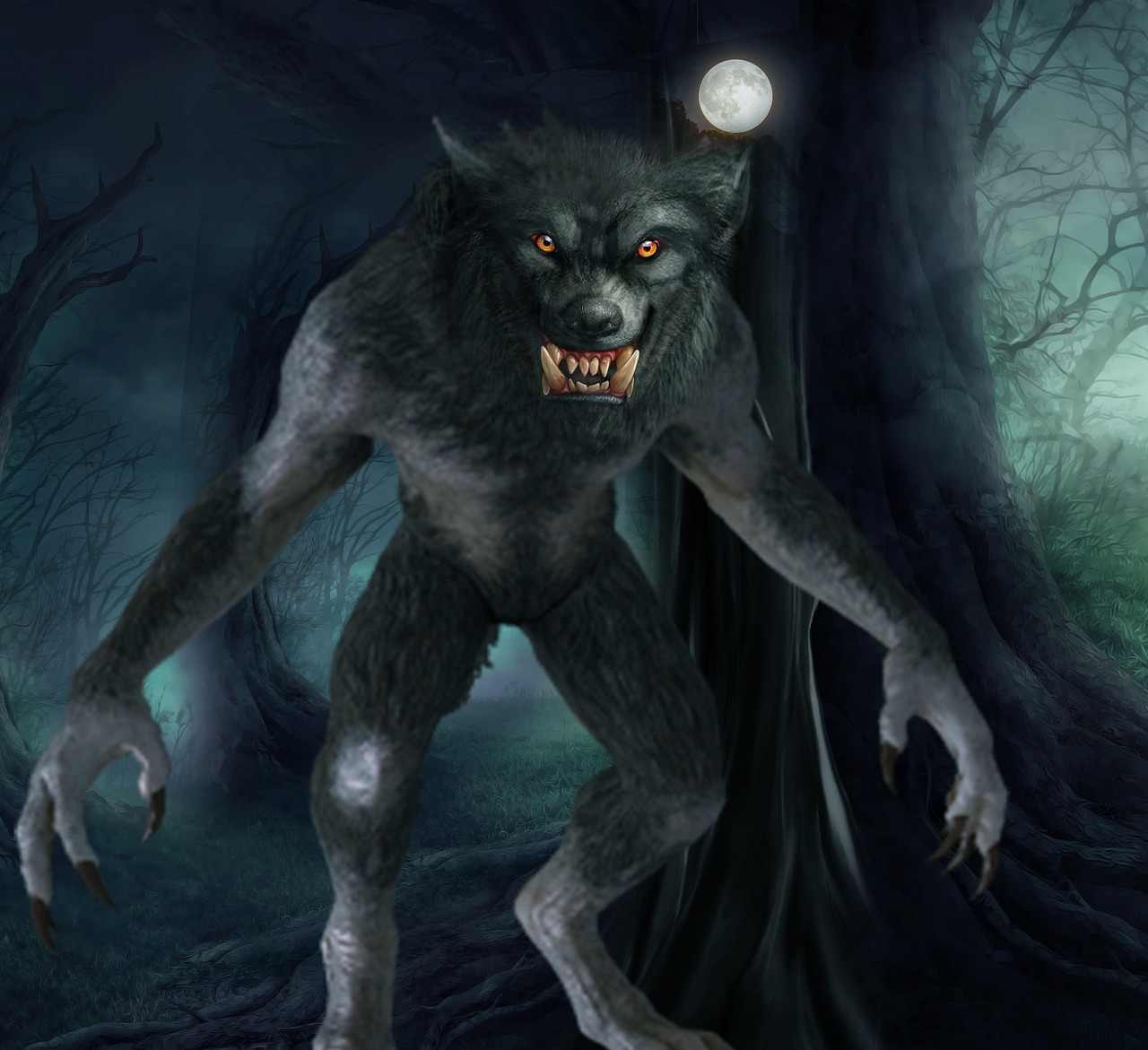Werewolves Have Been Shifting Their Shapes for a Long Time
In many old cultures around the world, people lived close to nature and there was a thin line between the human and animal worlds. For that reason, shapeshifters often appeared in folklore. From the fox spirit of China to the skin walkers of Native Americans to the Selkies of Celtic shores, many legends have been told of beings that could shift from one form to another. Shapeshifting remains a theme in some fantasy and science fiction novels even today.
Aside from vampires, no shapeshifter is more famous in more countries than the werewolf. The idea of werewolves seems to trace back at least as far as ancient Greece. Wolves themselves were the chief villains in so many fairytales that achieved an important place in Western mythology. Many of these fairytale stories originated in the Black Forest region and Central Europe, collected and re-told by names we know today like Hans Christian Andersen and the Brothers Grimm.
In dozens of countries from Europe to the Americas, children (and their parents) also have shivered at tales of werewolves: people who can change into wolves and back again. There is the bisclavet of France, the lupo mannero of Italy, the vrkolak of Bulgaria, the bodark of Russia, the vilkatas of Lithuania, the varulv and varulfur of Scandinavia and Iceland, the lob hombre or lob omen of Spain and Portugal, and the lobizon or lobisomem of South America, plus similar stories from other countries in those regions. With some regional differences, this legend is widespread.

Sketch of the transformation of Lykaon into a wolf.
Let’s go back to where the werewolf legends may have started. That takes us to ancient Greece. First, there was the myth of Lykaon, the King of Arcadia. In the most common version of this story, Lykaon wanted to test the divinity of the god Zeus. Lykaon served him meat that was mixed with human flesh. Angry, Zeus overturned the table and (in some versions of the story) struck down Lykaon’s sons with a bolt of lightning, and then turned the king into a wolf.
The origin of this story is the reason that werewolves today are also called lycanthropes. Plato made note of this in The Republic, mentioning that one who had tasted human flesh could be transformed into a wolf. However, the Roman author Pliny the Elder had a different take on the origins of the story.
In his Natural History, Pliny mentioned what might have been a hunting ritual or adolescent ‘coming of age’ trial. A group of people removed their clothes and went naked into the wilds, living as wolves and abstaining from human contact. After a period of time, if they were true to that life, then they could return, put their clothes back on, and live as humans again.
In fact, it’s common in many cultures for young men to have ‘coming of age’ tests, often involving hunting. Did that hunting ritual or adolescent ‘coming of age’ trial shift its shape? In so many re-tellings, did it become a story about people changing in and out of wolf form?
Traditionally, in the European werewolf legends, there were several ways a person could become one. They could be cursed, in some cases by a clergyman. They could be conceived under a new moon. They could drink water touched by a wolf. Or they could sleep under a full moon on Fridays. Being that wolves are nocturnal predators and people imagine many terrible things in the dark, the moon (and specifically the full moon) became more central to the werewolf stories over time.
The werewolf legend is sometimes compared with the selkie stories of Scotland, Ireland, and elsewhere in the British Isles. Selkies are seal people. Unlike in most werewolf lore, selkies are not humans first and animals later. Selkies begin as seals. They can shed their seal skin and take on human form. When they shed their skin, they can no longer swim and live as seals, so some selkies live on land as humans for a period of time.

Artist's depiction of a selkie maiden. Creative Commons by Carolyn Emerick from Celticguide.com, obtained via Wikimedia.
They are not meant to frighten, like the tales of werewolves, but most selkie stories are tragedies. Most commonly, a person will fall in love with a selkie in human form, not knowing its origins. While happiness prevails for a while, the selkie eventually yearns to don that seal skin and return to the sea. And often, there are children in the stories who have both human and selkie qualities.
In 1589, there was a man in Germany named Peter Stumpp (sometimes written as Stubbe) who claimed to be a werewolf. He had a belt made of wolfskin and said that he became a werewolf when he wore it. He was accused of witchcraft as well as being a serial murderer and cannibal. When he was tortured for a confession, he claimed to have killed 25 people over a period of time.
In punishment, the so-called Werewolf of Bedburg was executed by decapitation and his headless body was burned. And they did it on Halloween night.

Drawing of the execution of Peter Stumpp, the Werewolf of Bedburg, 1589.
This story, recorded only in a short pamphlet that was found much later, became extremely influential for fiction and film. From Scooby-Doo to Dr. Who to the Exorcist, there are dozens of references to this story in popular culture. A number of authors, musicians, and filmmakers created stories that were inspired by the Werewolf of Bedburg.
Today, modern werewolf stories have gone a few steps further. In wolf form, the person is not purely animal, but some loathsome hybrid beast. While in medieval times, people used the herb wolfsbane and exorcism to purge someone thought to be a werewolf, today the silver bullet theory reigns. In this, there is a strong connection to vampires as well.

Howling III from ScreenMedia Films.
Some stories and movies even combine the two legends. When Bram Stoker wrote Dracula in 1897, he drew heavily from werewolf lore and the dark stories he had heard from the Carpathian region. Count Dracula stated in the novel that there were wolf shapeshifters and the only way to kill them was with a sacred bullet. Judging by today’s werewolf stories, any silver item, from a stake to a bullet, seems to have some chance to slay one of these horrors.

Silver Bullet film from Stephen King novel by Paramount Pictures.

Elder Scrolls Online by Zenimax Online Studios.
So make sure you keep something silver and sharp close at hand. Or was this just an ancient hunting ritual that was interpreted to mean something else? Whatever its origins, the werewolf story has certainly shifted its shape in the centuries since. People like to be scared.

Tattoo: Creative Commons from Flickr.com by Tony Alter.
Sources:
http://mythicalrealm.com/humanoid-mythical-creatures/shapeshifters-around-world/
https://en.wikipedia.org/wiki/Lycaon_(Arcadia)
http://blogs.bl.uk/digitisedmanuscripts/2013/02/naked-came-the-werewolf.html
http://www.jasoncolavito.com/blog/the-werewolf-in-ancient-greece
https://en.wikipedia.org/wiki/Pliny_the_Elder
https://www.livescience.com/24412-werewolves.html
https://en.wikipedia.org/wiki/Selkie
https://en.wikipedia.org/wiki/Peter_Stumpp
https://www.biography.com/people/bram-stoker-9495731
All images are public domain except where noted.





In as much as history may or may not be true, I do not think nothing can take the scare of werewolf away from me. The sight is so frighten that I am certain I would faint if I get to see one in real life. Werewolf and vampires movies are a no go for me.
But this is very interesting though, sometimes I wish I could see real life pictures/videos of these animal-human transformation
It still remains a mystery if any of those folktales or werewolf stories ever really happened. I guess people just need to b Ed entertained and so, someone just cook something up.
We have many stories we learnt from elders whole growing - stories of the man tortoise. Obviously, they were all fiction, but kudos to any one who is capable of producing such an interesting piece of fiction, especially in those ages.
There's some meaning in these stories, even if they are fiction, because they say a lot about the culture.
Very true. Some Yoruba heroes here were said to have changed forms to stone out of anger of betrayal or persecution by their kinsmen. Some of these seem to be true and even if not true, the story behind it is a significant piece that upholds the culture of those people.
I'm just reading Stephen King's dark tower series at the moment and currently on book 4.5 (the wind through the keyhole) where Roland and his gunslinger friend are in pursuit of a skin man (shape shifting wolf/cat/bear). King seems to work ancient mythological tales into his stories. If you've not read the dark tower series it takes some getting into, but it's quite epic once it get's going, with references to many of his other tales.
He's an amazing storyteller for sure.
Interesting history @donkeypong.
I feel like we all have a bit of beast within, and tales like the werewolf have always been a way for humanity to try and explain, or excuse, our baser instincts.
I have watched countless movies on werewolf and I have come to believe that they are not just folklore. In Africa where I come, my dad told me stories of shape-shifting, it was a hunting tradition way back and these men had the ability to change into wolves and other wild animals during wars and hunting expeditions. Honestly I didn't believe this until some years back when an old hunter in my village grew so much hair on his body shortly before his death. It was so scary that people were going to watch and even take pictures. I believe that werewolves could very well be in our midst.
Wow, what a story!
Yea this is a great story @donkeypong
I have created post on you 6 days ago
Kindly check it
https://steemit.com/donkeypong/@bitcoinist/breaking-news-editing-for-donkeypong
very nice. i like it
@eleaza, i couldn't agree less. i was of the opinion that most movies on werewolf couldn't be true but as i hear stories of legends which has its origin in Africa. i began to have a different perspective to movies on werwolf and vampires. i remembered the story of one of such legend who was lured by beautiful beings in the said forest and he changed to another being and followed the beautiful creatures. it was an awesome story of seven men who went to a dangerous forest on the request of the king and they faced insurmountable problems. only one made it back and alive. That story stand to still be one of my favorite.
Nice writing ...I would talk about the werewolf mythology how get started ...People were prey of wolves for a long time in the past. People used their imagination when starting this myth. They did not embalm the dead so when they dug up a grave they see the deceased with fingernails that have grown longer and they look like claws.The cuticles on the nails look retracted. The face jaw also looks wide open and the teeth are exposed. Bugs have moved the body around. And sometimes there is blood coming from the mouth and they hear howling wolves beyond the shadows of the night.
Very interesting perspective. I had not heard that before, but it makes some sense. There certainly are stories of werewolves robbing recent graves also, which might connect.
I haven't heard that before too, but it truly does makes sense.
Thank you for this insight @kouba01
Hmm such a lovely write up. I only know of silver as the way to kill a werewolf, and that maybe because I have been highly influenced by Hollywood. But my question is, how many karat silver is required to kill the werewolf? Can its blood detect 14, 18, or 24 karat silver? If it can, I guess jewelry sellers will surely be after the blood of werewolf 😂😂😂
You'd have to ask someone who knows more about werewolves and silver than I do. :)
As much as I have just been educated by the writeup, I sure I'm with u on that question, in my country there is just too many fake and adulterated silver wares, I really need to know if the ware wolf blood could detect silver and possible reactions, so at least I can start ware wolf hunting just for the blood.
LOL!
Wow! This had me for a moment. Werewolf films I enjoy a lot, though scary and I always thought they belonged in folklore, that there was nothing real about them. I hope it remains there
The first written mention of werewolves in one of the German languages was appr. in the year 1035. It described a man who dropped himself from a tree onto the back of a passing wanderer. He then forced the man to carry him to the next city.
Since I read this about 10 years ago, I wondered how he technically did it. I assume he put a knife or another sharp object to the throat of his victim.
Now that I‘m thinking about it again, maybe he bit him. :D
I’ve read many stories about shapeshifters and I enjoyed watching films related to those characters. However, I honestly do not believe in the existence of any of them. I personally believe that shapeshifters are no more than legends and fictions.
But in other aspect, it is quite interesting as all people around the world were talking about this hairy creature, the stories told were almost identical. The name might be different locally as you have written, but they all refer back to the same entity. It keeps people wondered if these beings were actually exist or not. However for me, unless I see one with my own eyes, I remain skeptical.
I think the stories spread quickly and people start to "see" them. For centuries, people saw angels and devils and witches also. More recently, people saw aliens. At least some of it is coming from peoples' culture and projecting what they expect to see.
You’ve got a point there, some people see what they expect and want to see. Alientology is an interesting topic, it is a worldwide phenomenon like the shapeshifters story. All of those stories about abduction, crop circles, UFO, USO and spaceship crash are fascinating. I believe we are not alone, human have discovered thousands of exoplanets in the past decades, so it is weird to think that we are the only civilization in the universe, but my opinion is they have yet to visit us, we will find them first in our solar system, most probably in microbial forms.